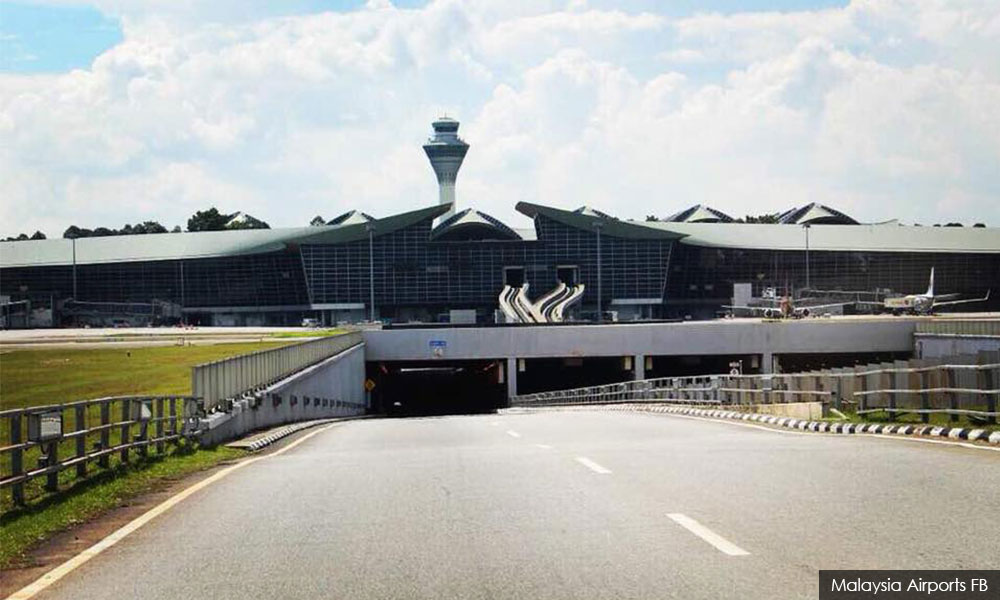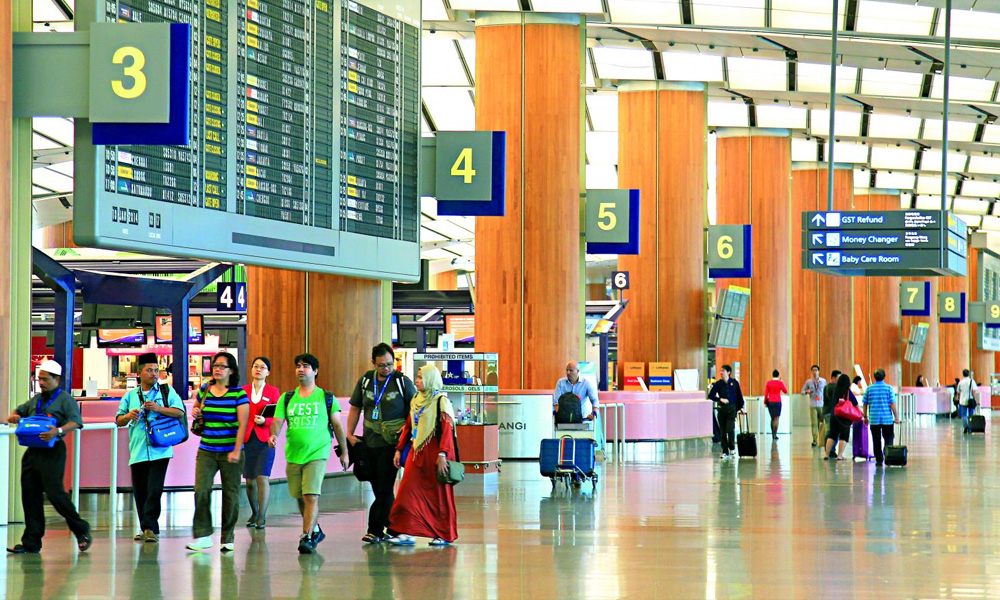Recently, Prime Minister Dr Mahathir Mahathir in an interview said that despite the affirmative actions of the government, it will not achieve the objectives if the Malays themselves do not want to change their character and value system in order to succeed.
The prime minister also cited the character and value system of the non-Malays, which resulted in them achieving better results than the Malays.
Changing the value system, as admitted by the prime minister, can be a long journey. But do the leaders from both sides of the divide share the same views as Mahathir?
What holds the country together and motivates the people to do the right thing rather than the easy thing? The answer, as pointed out correctly by our prime minister, is culture — the values, mindsets, and behaviours that constitute an environment conducive to success.
Instilling a new value system can be a tough challenge as we need to break down old, unproductive habits and altering habitual behaviours into a high-performance culture. The prime minister is obviously well aware that without a change in the value system and character, the majority of the people in this country are doomed to mediocrity.
Value system is a soft concept and completely subjective. It must be shaped by some hard disciplines for any significant change to occur. It often takes conscious effort to get clear about one’s overall value system.
The government cannot just implement affirmative action unless it is honest and understand what is unique and strong in its current and existing value system, and what is missing that are holding them back from achieving its strategic goals.
For change to be successful, the leaders need to keep attuned to the rakyat’s perceptions and suggestions. Thereafter maintaining momentum requires consistent, sustained communication of the end goal and the behaviours necessary to get there.
People want to feel excited about the future and be rewarded for making progress toward it, so creating appropriate incentives is important.
The people are just like employees in an organisation. Each and everyone must think and act like owners — taking personal responsibility for overall business performance, not just their slice of it.
For a start, the change begins at parenting as it influences all behaviours and attitudes and effect the decisions and relationships in an individual’s adult life. The country currently has a modicum of success in this field because parents aren’t always sure what it is that they value, so how could they communicate the same to their children effectively.
For the people to really adapt and change their value system, they must act on it and their behaviour must reflect it – not just verbally accept it or think that they should follow it.

For example, we compare the efficiency of three airports in Asia against Kuala Lumpur International Airport (KLIA).

KLIA handles the least number of passengers per annum as compared to the airports in Bangkok, Hong Kong and Singapore. It handled almost the same number of landings and takeoff as others.
Comparing the efficiency, the distance it requires for the passengers who disembarked, cleared the immigration and arrived at the luggage carousel, KLIA ranks last among the four airports.
Passengers arriving at the other airports always find their luggage already out and rolling around the luggage carousel whereas for KLIA, there is always a time lag of between 15 and sometimes 45 minutes before the first luggage arrived. And this applies regardless of whether the arrival is at the peak or non-peak hours.

The question I often asked is: why is it the other airports can do it with such efficiency and we can’t? Did the airport authorities introduce speed into the workers’ work culture? Do they understand that accountability is crucial and did the airport authorities build in performance metrics that reward desired behaviours with the luggage handlers?
This is not a one-off situation. The issue with the delay in luggage arrival, missing or mishandled luggage is an age-old issue highlighted numerous times in the public sphere. Time and again, the management always responds that the matter is being addressed. But yet the same thing happens again and again.
If the leadership in an organisation can’t even instil and change the value system of its employees, what hope do we have, to believe that the 30-plus million people in this country will do so?
The views expressed here are those of the author/contributor and do not necessarily represent the views of Malaysiakini.

